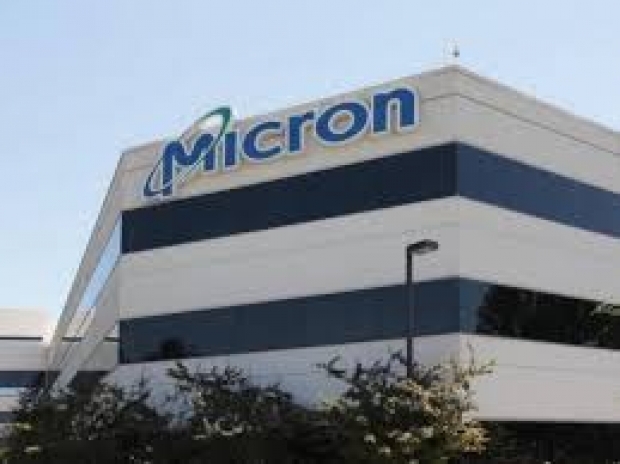The outfit's main issues were an oversupply hit the memory-chip maker and China’s decision to recommend that “operators of critical information infrastructure in China should stop purchasing Micron products.”
Being a glass half full sort of guy, Mehrotra said he believed the memory industry “had passed its trough” and that the company’s margins should improve as the supply-demand balance is gradually restored.
However, the Chinese issue is a bit trickier.
“We currently estimate that approximately half of that China-headquartered customer revenue, which equates to a low double-digit percentage of Micron’s worldwide revenue, is at risk of being impacted,” Mehrotra said.
He said Micron will work with its long-term customers who are not impacted by China’s decision, and hopefully will increase its share with those customers.
Micron expects to see a substantial boost to its memory business as a result of companies gearing up to run generative AI on their own servers or clouds.
“Generative AI is becoming a big opportunity and we look at it for 2024 as a big year for AI and for memory and storage, and Micron will be well-positioned,” in the data centre with its products, Mehrotra said.
He said it will be in both cloud and enterprise server applications, and due to confidentiality of data, enterprises will be building their own large language models, adding that the DRAM (dynamic random access memory) content required for AI in servers is driving higher demand for memory and storage in servers. In super cluster configurations, for example, the DRAM content can be as much as 100 times higher.
Some analysts have forecast that AI demand will lead to a general supercycle for many hardware companies.




